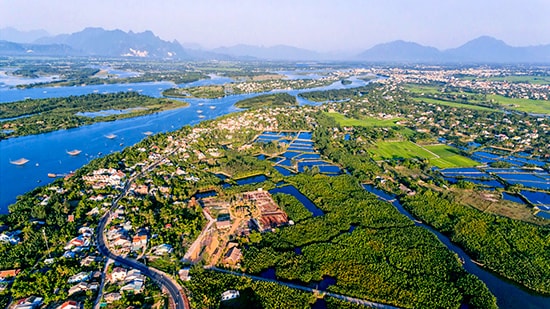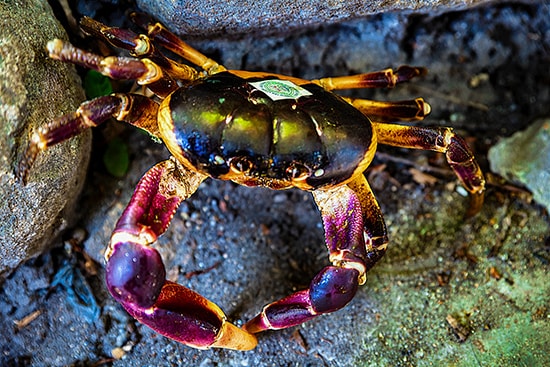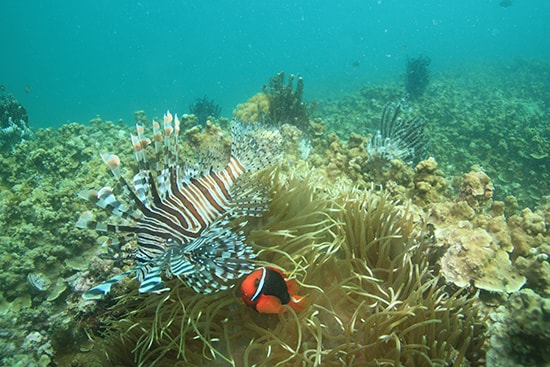The uniqueness of Cham Islands - Hoi An World Biosphere Reserve
(QNO) - The Cham Islands (Hoi An city, Quang Nam province) was recognized as a UNESCO’s World Biosphere Reserve in 2009. It becomes an attractive destination in Central Vietnam.
 |
| Overview of Cham Islands World Biosphere Reserve. |
Ecosystem diversity
Cham Islands World Biosphere Reserve has been protected well for over 10 years. Thanks to the support of non-governmental organizations for the programmes of Reef check, Watch sea grases, sea water quality monitoring, nursery and coral dispersal, marine ecosystem conservation in Cham Islands is well conserved. In particular, the Vietnam-Denmark environmental development program has helped the Management Board of Cham Islands Marine Protected Area (MPA) with the solutions to the conservation of rare species and aquatic recovery.
 |
According to Director of the Management Board of Cham Islands MPA Tran Thi Thuy Hong, besides achievements in conservation and socioeconomic development, the locals’ awareness of conservation is raised. In addition, Cham Islands forestry and marine ecosystem is preserved well, especially coral reefs which become a place to nourish aquatic resources.
Cham Islands has 500 species of plants and 128 species of mammals belonging to 59 families and 21 orders.
 |
Towards sustainable development
The environmental protection in Cham Islands has been implemented via some programmes, such as: say no to plastic bags, working together to protect sea in Bai Huong commune, coral restoration and releasing sea turtle to nature. In 2009, Cham Islands welcomed more than 15,000 visitors. In 2018, there were more than 415,000 visitors coming to this destination. Tourism contributes to improving the local income.
According to Vice Chairman of the Hoi An city’s People’s Committee Nguyen The Hung, conservation is considered as a foundation for the Hoi An development, in which culture and ecology are main elements.
